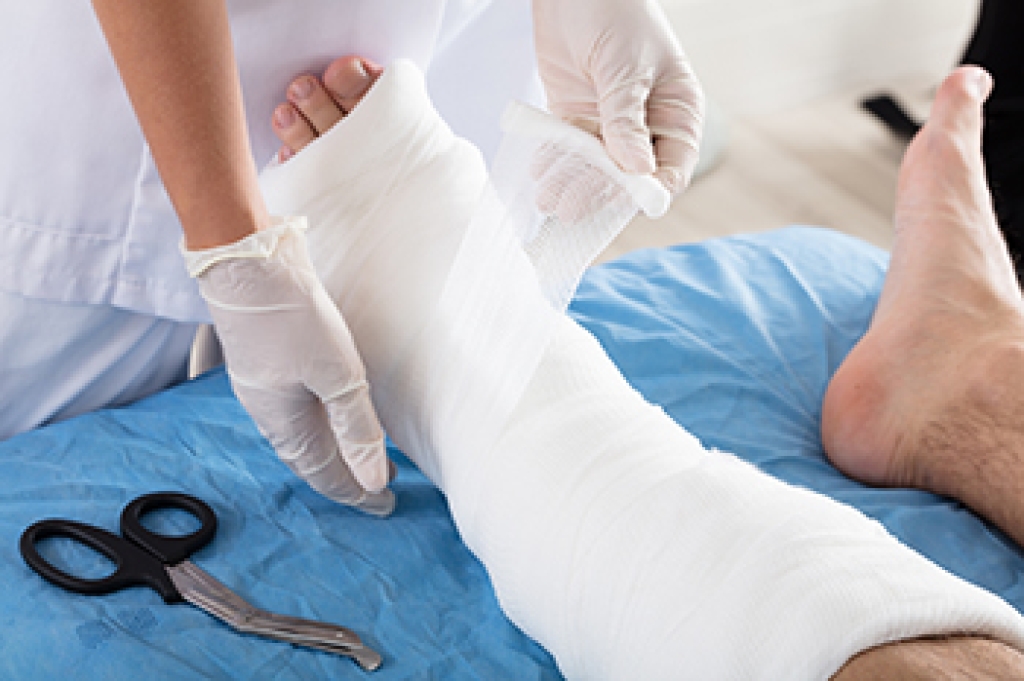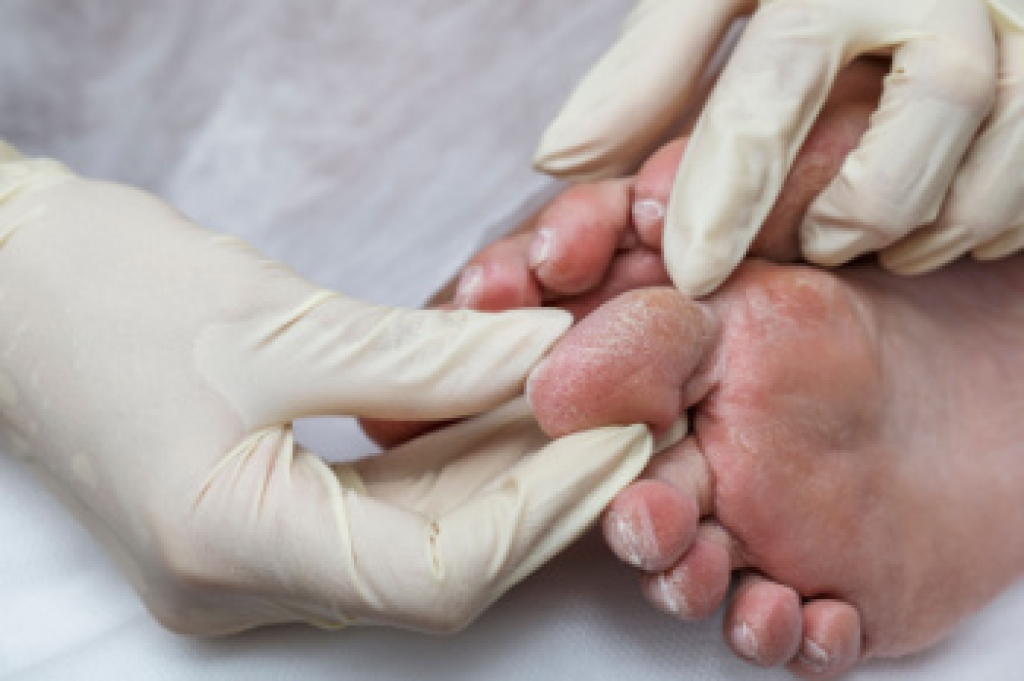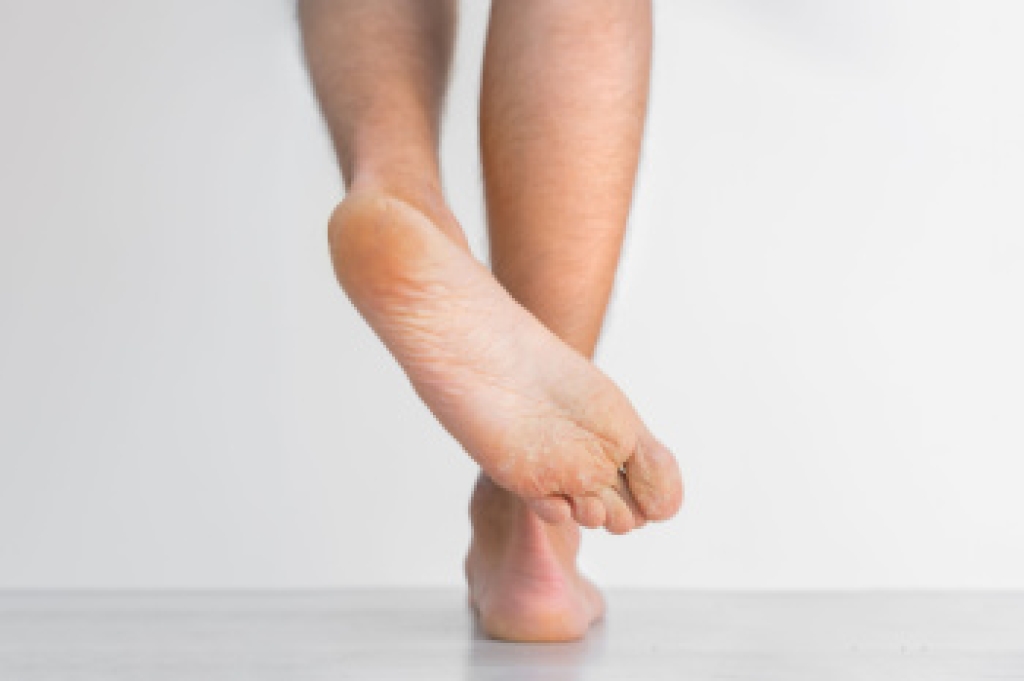
Casting for foot and ankle fractures can have unexpected effects on the thigh muscles. When a cast limits movement, the muscles in the upper leg may weaken and shrink over time due to lack of exercise. This muscle change is important because the strength and size of the thigh muscles support overall mobility and balance. One simple method to track these changes is to measure the muscle size near its center. This measurement can show small differences that indicate muscle loss. Recognizing these changes early helps doctors understand how the injury and the cast are affecting the body. It also guides them to suggest exercises or treatments that may help restore muscle strength. If you experience unusual weakness or discomfort in the leg after casting, it is suggested that you see a podiatrist for further evaluation and care.
Broken ankles need immediate treatment. If you are seeking treatment, contact one of our podiatrists from APEX Foot & Ankle Center. Our doctors can provide the care you need to keep you pain-free and on your feet.
Broken Ankles
A broken ankle is experienced when a person fractures their tibia or fibula in the lower leg and ankle area. Both of these bones are attached at the bottom of the leg and combine to form what we know to be our ankle.
When a physician is referring to a break of the ankle, he or she is usually referring to a break in the area where the tibia and fibula are joined to create our ankle joint. Ankles are more prone to fractures because the ankle is an area that suffers a lot of pressure and stress. There are some obvious signs when a person experiences a fractured ankle, and the following symptoms may be present.
Symptoms of a Fractured Ankle
- Excessive pain when the area is touched or when any pressure is placed on the ankle
- Swelling around the area
- Bruising of the area
- Area appears to be deformed
If you suspect an ankle fracture, it is recommended to seek treatment as soon as possible. The sooner you have your podiatrist diagnose the fracture, the quicker you’ll be on the way towards recovery.
If you have any questions, please feel free to contact our offices located in Fort Myers, Shellpoint, and Naples, FL . We offer the newest diagnostic and treatment technologies for all your foot care needs.



